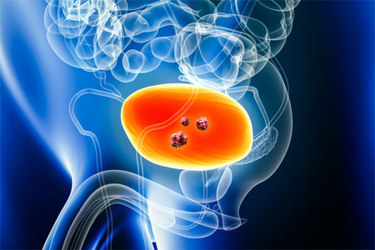Overview Of Bladder Cancer: Global Clinical Trials Landscape

Bladder cancer is the ninth most common cancer worldwide, with over 614,000 new cases and 220,000 deaths annually. Regional variations show Europe leading in incidence, followed by Asia and North America. Addressing these disparities requires tailored prevention and treatment strategies.
Treatment guidelines, such as NCCN 2024 and ESMO 2023, recommend cisplatin-based regimens for muscle-invasive and metastatic bladder cancer, as well as pembrolizumab for chemotherapy-resistant cases. Avelumab is suggested for maintenance therapy. In Asia, clinicians primarily adhere to NCCN guidelines for standardized care.
Recent research focuses on innovative therapies, including immunotherapy, targeted therapies, and gene therapy. Immune checkpoint inhibitors, such as pembrolizumab, and CAR-T cell therapies are transforming treatment for advanced cases. Targeted therapies like FGFR inhibitors offer precise options for specific genetic mutations, while combination approaches enhance the effects of chemotherapy and radiation. Emerging gene therapies target and destroy cancer cells by correcting genetic defects, promising improved survival rates and quality of life.
Clinical trial activity has surged, with over 1,500 trials launched since 2019. North America leads in trial numbers, followed by Asia-Pacific and Europe. Multi-country trials in Europe enhance patient recruitment and access to expertise, while the U.S. and China are key contributors.
Public and NGO funding initiatives, such as those by BCAN and ACS, have improved access to screening, vaccination, and treatment, particularly in underserved regions. These efforts aim to reduce the global burden of bladder cancer and improve patient outcomes worldwide.
Get unlimited access to:
Enter your credentials below to log in. Not yet a member of Clinical Leader? Subscribe today.
